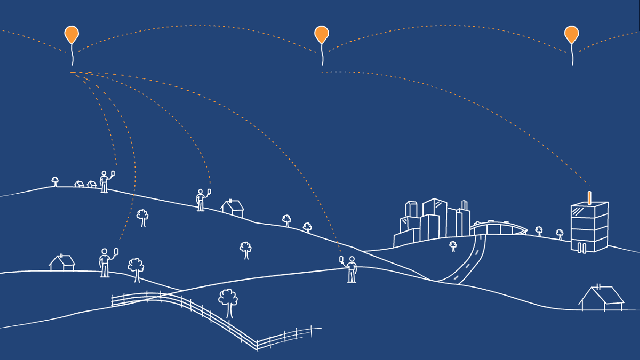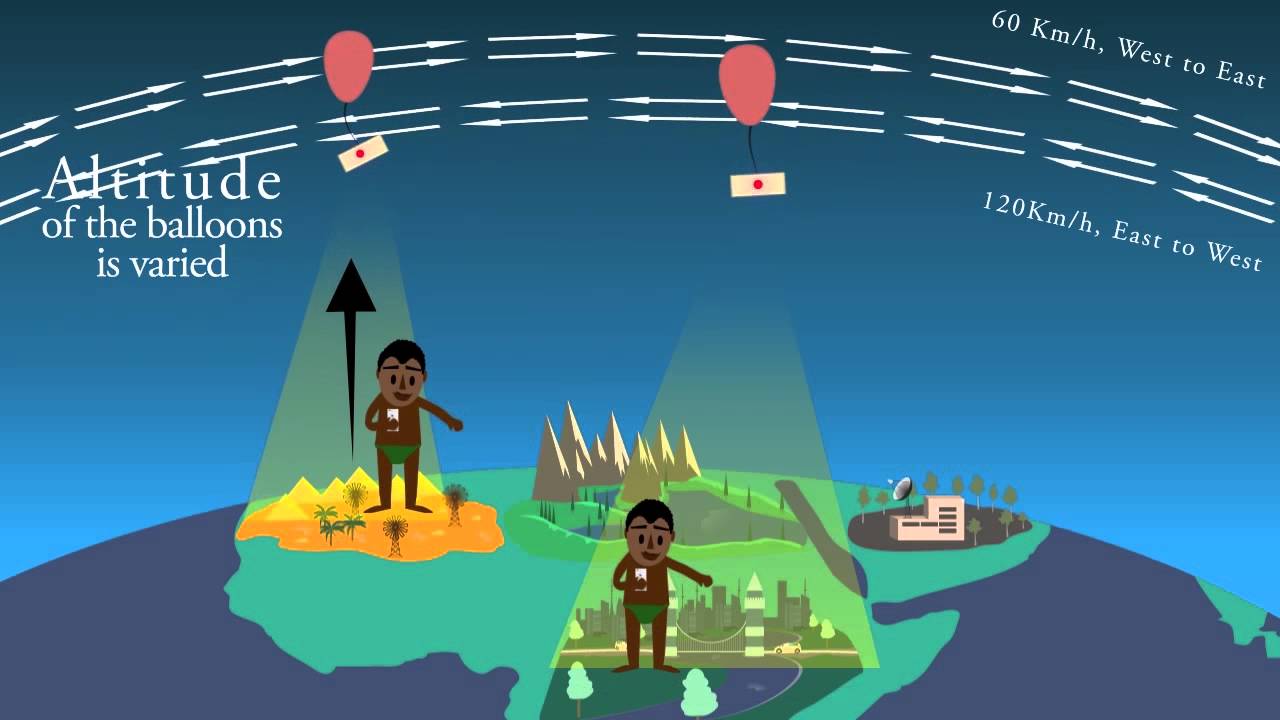Google’s market in the industrialized countries has virtually hit a saturation point. These countries have good and widespread internet connectivity with almost everyone connected. There is little room for growth in terms of the customer base for big tech companies like Google and Facebook.
Thus, these tech companies are turning to the next market, the developing countries. However, the primary challenge they face in the developing countries is that the market is highly underserved in terms of ICT infrastructure; in this case reliable and fast internet connectivity.
Google and Facebook have both hatched plans to see more people in the developing countries connected to the internet. Google has taken to floating balloons in high altitude, which will keep beaming internet down to the remote and underserved regions in the developing countries. On the other hand, Facebook thought of having a solar-power drone flying at high altitude as it beams down the internet connection.
While Facebook recently announced it is shelving that idea, as it simply was not a viable business model. Google’s Project Loon is picking up steam by the day, and like we announced in August 2017, the project had already embarked on some dry runs in Kenya.
Fast-forward to early this month, Google invited telecom companies in Kenya to join the Project Loon initiative to expand their reach across the country. As it works out, Google will provide the support network to the participating telecom to be able to access underserved areas from the skies. Instead of laying down cell towers, which could be very expensive and cover less ground, the Project Loon balloons could take up a telecom’s signal and spread it over a much wider geographical area.
Like we said earlier (in this article), Google was lobbying the telecom companies in Kenya to join the product, and only one – Telkom Kenya – could be said to be responsive to the invitation. Well, it has now emerged that Telkom Kenya has agreed to be roped into the program; not that is surprising given the telecom’s recent aggressive drive to expand its market share.
Telkom Kenya is onboard
Telkom Kenya has just announced the signing of a deal between it and Project Loon to pilot an innovative 4G/LTE access network in areas it is yet to set up its network. This partnership makes this endeavor the first commercial service for Project Loon across the African continent.
The Telkom Kenya Board Chair, Eddy Njoroge, said: “This partnership demonstrates the Board’s commitment to guide and oversee the transformation of Telkom into a business with a reputation for innovation, with respect to its product and service offering. This partnership with Loon is also a true statement of our resolve to deploy pioneer technologies due to their potential impact on our customer.”
His counterpart, the Loon CEO, Alastair Westgarth added: “We are extremely excited to partner with Telkom for our first engagement in Africa. Their innovative approach to serving their customers makes this collaboration an excellent fit. Loon’s mission is to connect people everywhere by investing and integrating audacious technologies.”
The two companies say the service will probably be live to the general consumer in early 2019. Though currently, they are doing a test-run in central parts of Kenya, a region filled with a mountainous landscape that makes it harder to deploy traditional telecom infrastructures, before taking the service countrywide.



